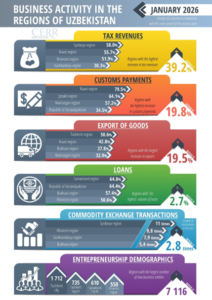Will the monkeypox virus become more dangerous?

Will the monkeypox virus become more dangerous?
Since May, a far less lethal cousin of variola, the monkeypox virus, has been spreading around the globe, giving the virus unprecedented opportunities to change and adapt to the human population. Will it evolve to become more contagious or cause more severe disease?
Nobody knows, but recent history with SARS-CoV-2 offers a sobering lesson. After emerging in Wuhan in late 2019, that virus first spawned a series of variants that could spread much faster than their progenitors and then evolved further to evade human immunity. Its tricks surprised even some scientists who have long studied viral evolution. SARS-CoV-2 showed that “if a novel virus is coming into a space in which there isn’t immunity, rapid adaptation can happen,” says Aris Katzourakis, an evolutionary virologist at the University of Oxford.
Monkeypox could present humanity with equally unpleasant surprises. In July, researchers in Berlin published a preprint analyzing the genome sequences of virus found in the lesions of 47 monkeypox patients. In addition to many small changes, they found one virus in which an entire gene was duplicated and four others were simply gone.
Many researchers say we shouldn’t worry too much yet. Geoffrey Smith, a poxvirologist at the University of Cambridge, doubts the monkeypox virus will readily turn into a much more virulent version. Poxviruses’ massive genomes are known to evolve at a sluggish pace, and they don’t adapt easily to elude immunity, as SARS-CoV-2 does so masterfully. And SARS-CoV-2 is a wildly contagious respiratory pathogen that infected hundreds of millions in its first year in the human population; monkeypox is spreading mostly among men who have sex with men, and only about 60,000 cases have been reported so far, so it has much less opportunity to evolve.
That could change, however. One “bad scenario,” says Bernard Moss, a veteran poxvirus researcher at the U.S. National Institute of Allergy and Infectious Diseases, is that the virus evolves to replicate faster in humans. That would allow it to infect more people, which would in turn speed up its evolution, potentially making it still more adept at infecting people.


